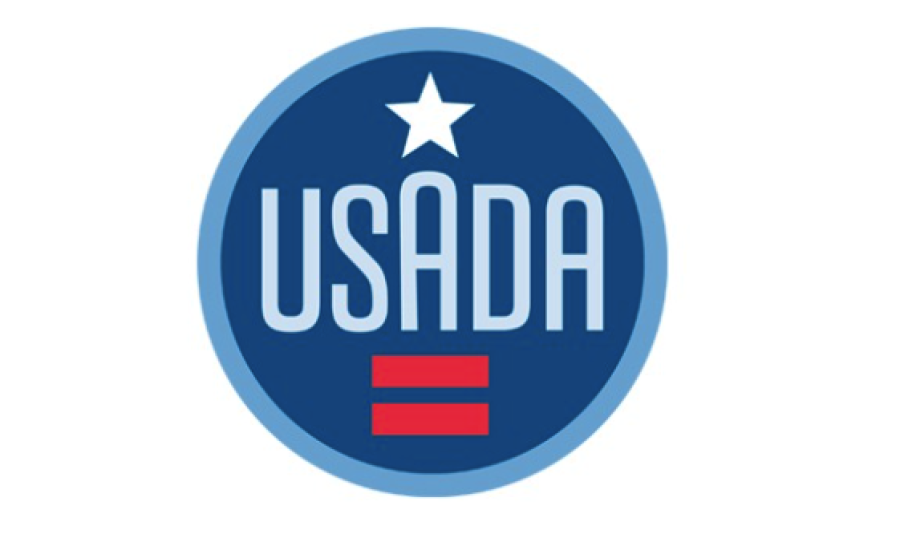U.S. Track & Field Athlete Sha’Carri Richardson Accepts Sanction for Anti-Doping Rule Violation
USADA announced today that Sha’Carri Richardson, of Clermont, Fla., an athlete in the sport of track and field, has accepted a one-month suspension—as permitted under the applicable international rules—for an anti-doping rule violation for testing positive for a substance of abuse.
USADA announced today that Sha’Carri Richardson, of Clermont, Fla., an athlete in the sport of track and field, has accepted a one-month suspension—as permitted under the applicable international rules—for an anti-doping rule violation for testing positive for a substance of abuse.
“The rules are clear, but this is heartbreaking on many levels; hopefully, her acceptance of responsibility and apology will be an important example to us all that we can successfully overcome our regrettable decisions, despite the costly consequences of this one to her,” said USADA CEO Travis T. Tygart.
Richardson, 21, tested positive for 11-nor-9-carboxy-tetrahydrocannabinol (Carboxy-THC), a urinary metabolite of Δ9-tetrahydrocannabinol (THC), the main psychoactive constituent of cannabis, marijuana, and hashish, above the urinary Decision Limit of 180 ng/mL, as the result of a sample collected in competition at the U.S. Olympic Team Trials on June 19, 2021. Cannabis, marijuana, and hashish are Specified Substances in the class of Cannabinoids and are prohibited in competition under the USADA Protocol for Olympic and Paralympic Movement Testing, the United States Olympic and Paralympic Committee National Anti-Doping Policy, and the World Athletics Anti-Doping Rules, all of which, as required, have adopted the World Anti-Doping Code and the World Anti-Doping Agency Prohibited List.
The 2021 World Anti-Doping Code newly classifies THC as a “Substance of Abuse” because it is frequently used in society outside the context of sport. If an athlete who tests positive for a Substance of Abuse establishes that their use of the substance occurred out of competition and was unrelated to sport performance, the athlete will receive a three-month sanction. However, if the athlete satisfactorily completes a Substance of Abuse treatment program approved by USADA, the sanction may be further reduced to one month.
In this case, Richardson accepted a one-month period of ineligibility that began on June 28, 2021, the date of her provisional suspension. Richardson’s period of ineligibility was reduced to one month because her use of cannabis occurred out of competition and was unrelated to sport performance, and because she successfully completed a counseling program regarding her use of cannabis. Her one-month period of ineligibility—the minimum allowed under the rules—is the same result as the two other Substance of Abuse cases that USADA has handled since the 2021 Code took effect.
Richardson’s competitive results obtained on June 19, 2021, including her Olympic qualifying results at the Team Trials, have been disqualified, and she forfeits any medals, points, and prizes. Beyond the one-month sanction, athlete eligibility for the Tokyo Games is determined by the USOPC and/or USA Track & Field eligibility rules.
In an effort to aid athletes, as well as support team members such as parents and coaches, in understanding the rules applicable to them, USADA provides comprehensive instruction on its website on the testing process and prohibited substances, how to file and update athlete Whereabouts, how to obtain permission to use a necessary medication, and the risks and dangers of taking supplements, as well as performance-enhancing and recreational drugs.
The original article can be found here.
- ADRV Anti-Doping Rule Violation Governance Integrity Regulation Substance of Abuse THC USADA World Anti-Doping Code

 Global Summit 2024
Global Summit 2024